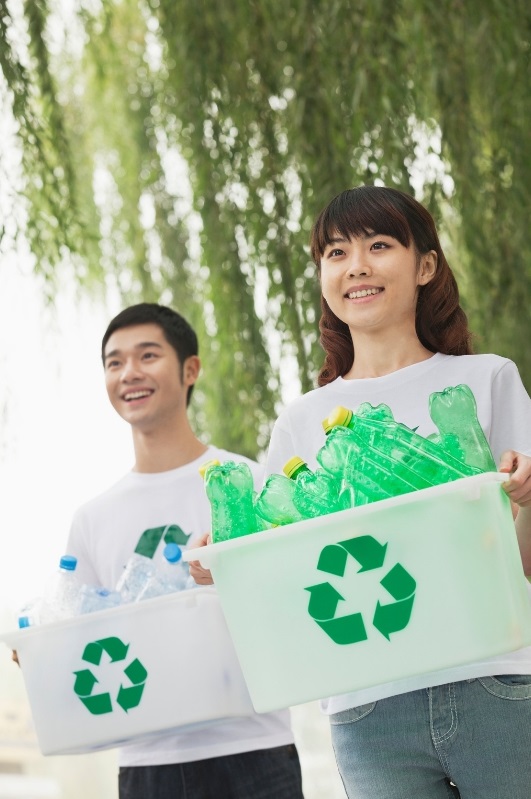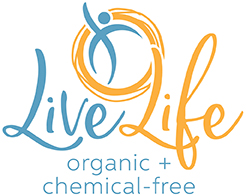
Can we buy nontoxic plastic?
Getting plastics out of our homes and environment can be a trick. Plastics are all around us.
Whether it’s our food packaging, dishes and cups, or food storage containers, plastic plays a huge role in our lives.
We might look for nontoxic plastics instead of getting rid of plastics altogether. Let’s find out if that’s possible.
What is plastic made of?
Oil and chemicals.
Crude oil (oil from the earth) is refined. Part of that refined oil is used as oil in our car engines. It’s refined again (or more) to become gasoline that fuels our cars.
It’s refined further to become a key ingredient in plastic.
The refined oil is mixed with a variety of man-made chemicals, to become plastic. BPA is one of the chemicals used to create some types of plastic.
According to the National Institute of Environmental Health Science, “BPA in food and beverages accounts for the majority of daily human exposure.”
So, we consumers conclude: if we were to remove BPA from plastics it might be nontoxic.
However, we need to ask ourselves, “what chemical is replacing BPA and is it healthier?”
Is BPA free plastic nontoxic?
BPA is known for being harmful to health, causing health conditions that may be affecting the brain, behavior, developmental and birth defects.
Manufacturers of metal cans (with plastic lining), plastic water bottles, and food storage containers have taken steps to get rid of the chemical BPA.
These products often have a “BPA free” statement on the label.
However, early studies have shown that chemicals replacing BPA may be even more harmful to health.
How do I find nontoxic plastic?
When looking for a nontoxic plastic water bottle or food containers, it’s important to remember that plastic – all plastic – is a combination of refined oil and several chemicals.
Therefore, there is no such thing as nontoxic plastic.
Even plastics that are recyclable are made of chemicals potentially harmful to health.
Instead, choose food and drink containers that are plastic-free. Here are a few ideas for healthier material choices and uses:
- Glass – water bottles, milk containers, and drinking glasses
- Ceramic – food storage containers, mugs, picture frames
- Solid hardwood with nontoxic finishes – salad bowls, cooking utensils,
- Stainless steel – travel coffee mug, cooking utensils, light weight mixing bowls
Wrap Up
Plastics, even BPA free and recyclable plastics, can contain chemicals that are harmful to health. Instead of buying plastic food and storage containers, choose healthier material such as glass, ceramic, solid hardwood with nontoxic finishes, or stainless steel.
Get more info about creating your best chemical-free household, by subscribing to our weekly email list. Sign up here!
